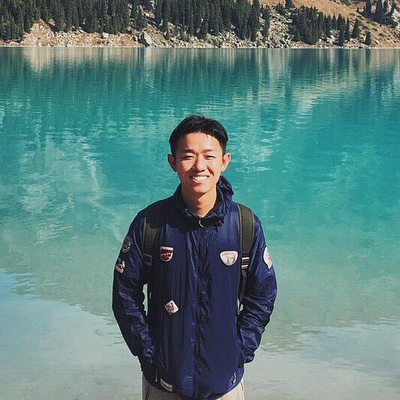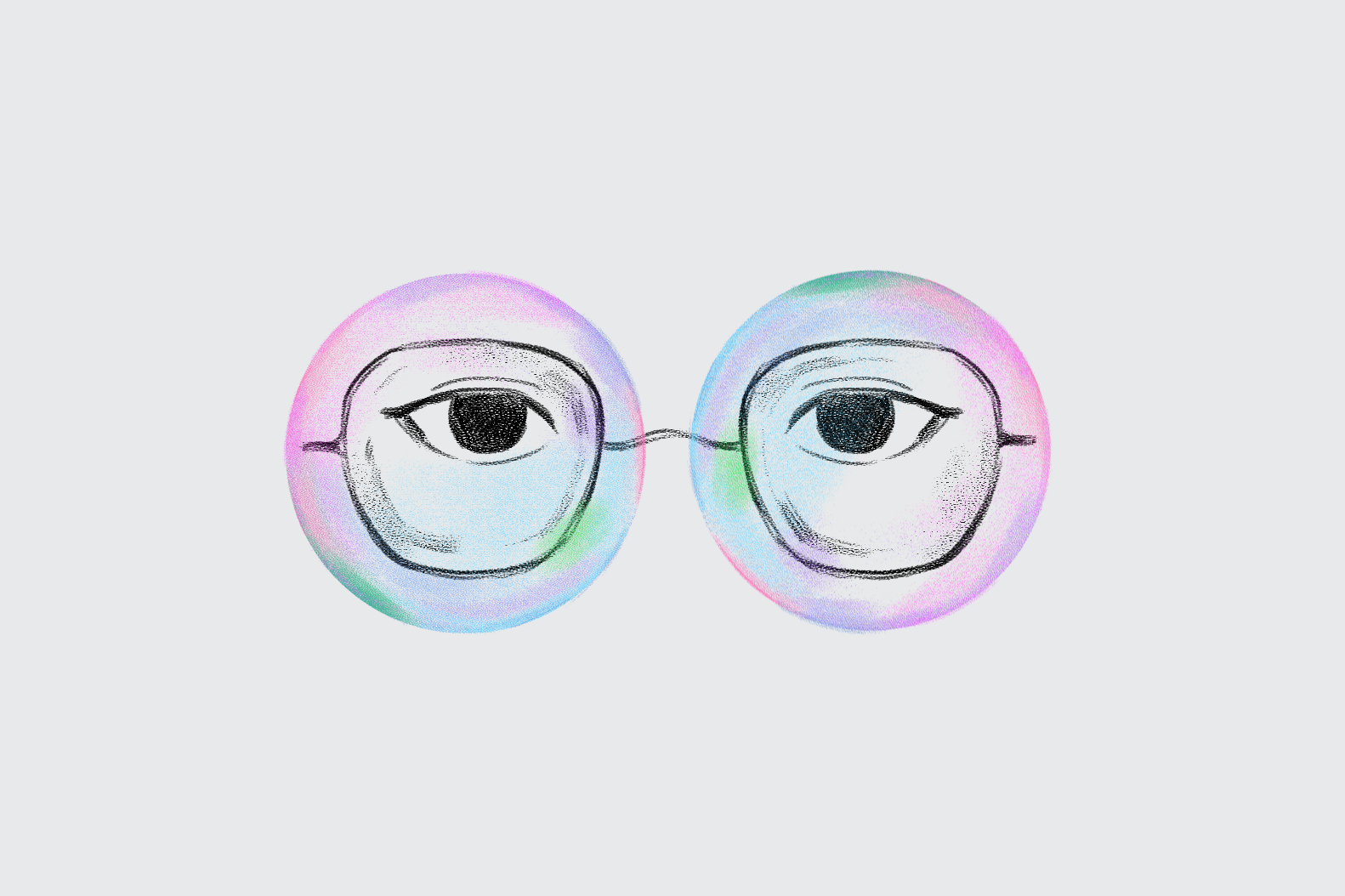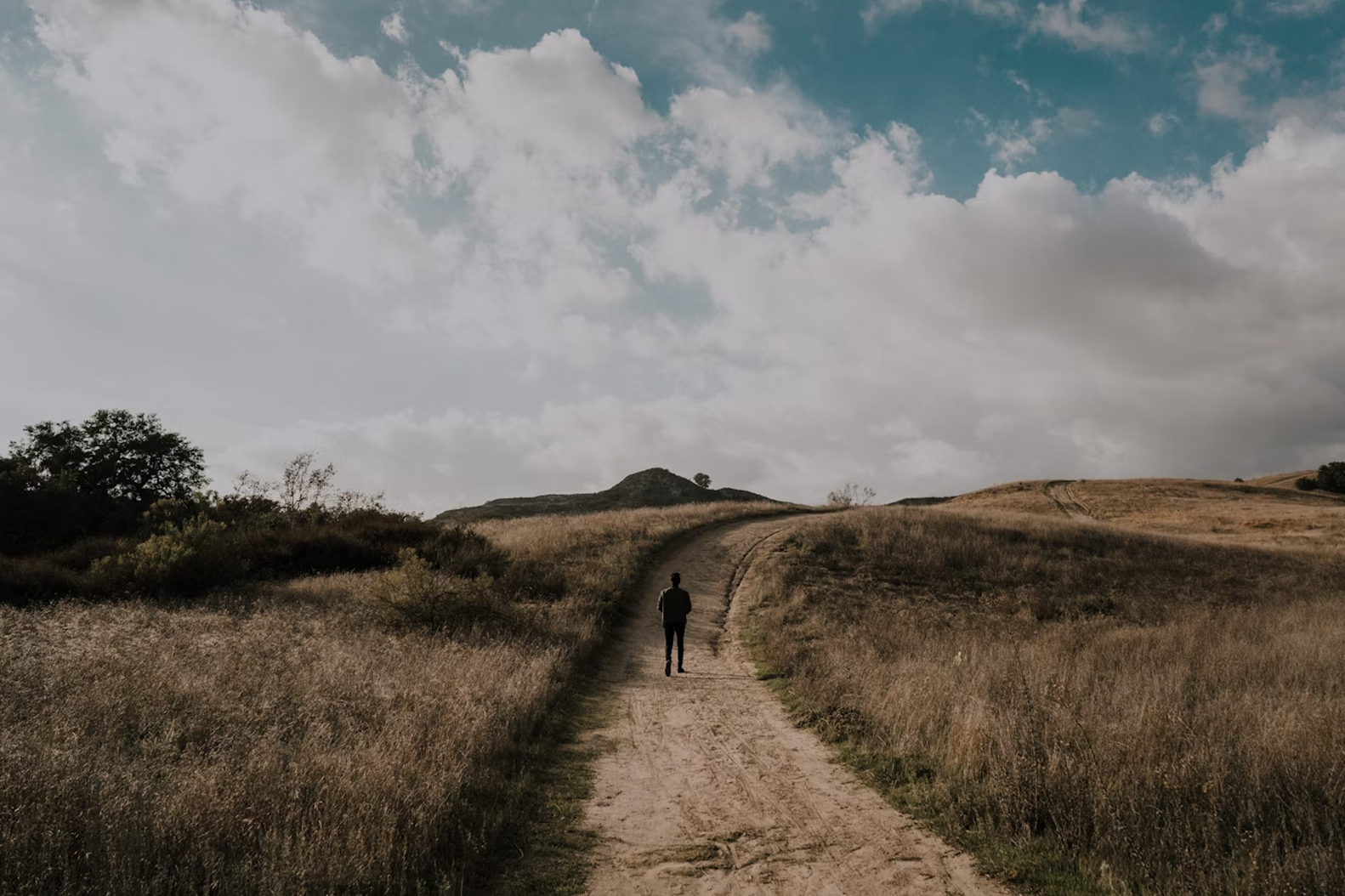I’m Wesley and I’m 25 this year. I just graduated from university a couple months ago.
I went to the Ukrainian border and was there for the past seven weeks. I actually left right after I submitted my final year assignment for my university course.
This whole journey started after the invasion happened. Many of my friends around me were posting about it on Instagram Stories (IGS).
At that point in time, I saw it as a Christian duty to pray every time I came across an IGS.
However, every time I prayed, there was a niggling thought at the back of my head.
If I’m called to go, will I go? Am I just praying at arm’s length? I kept brushing that thought aside.
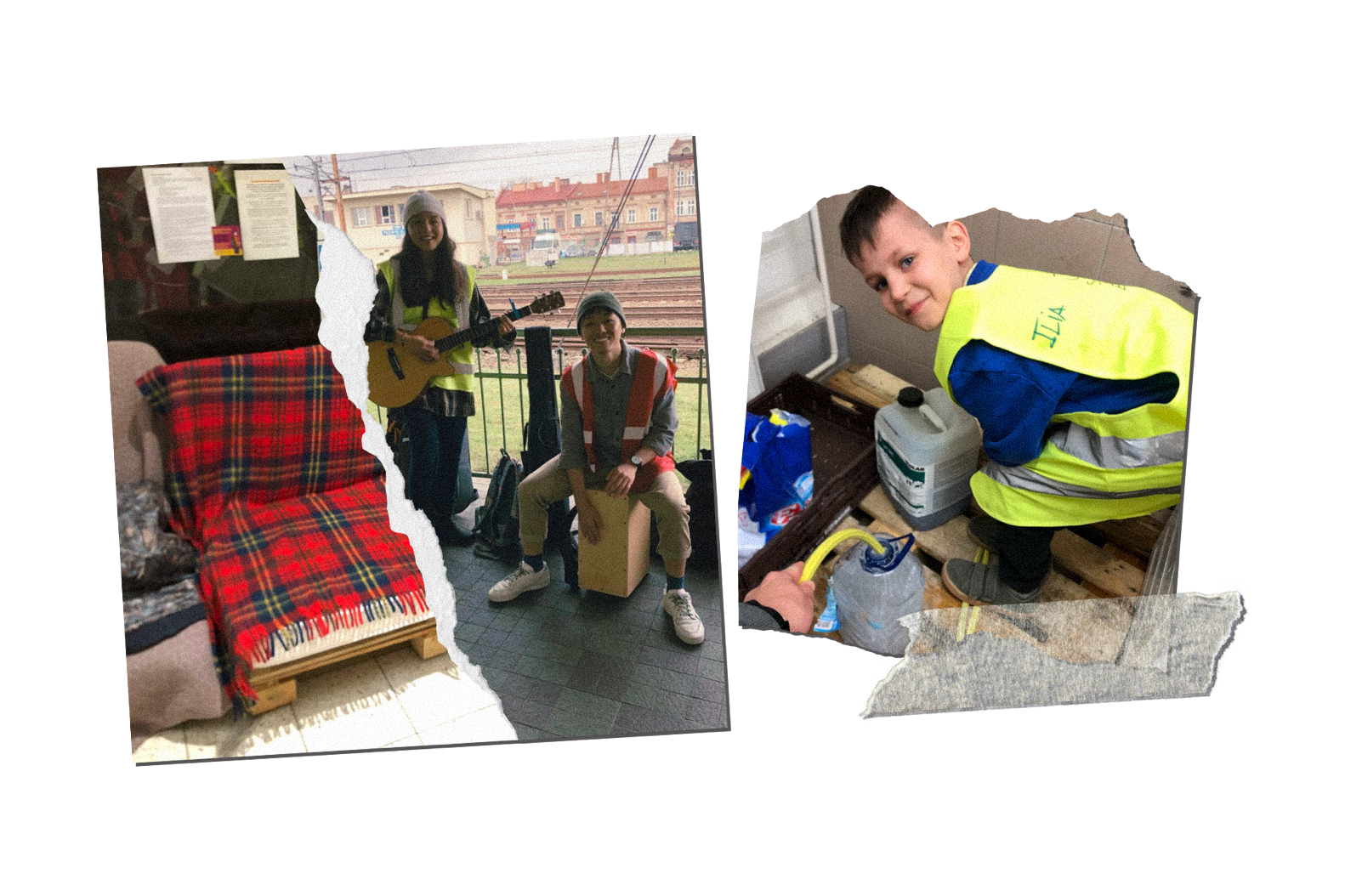
In the process of prayer, a sister from church reached out to me and asked if I would be interested to join her if she formed a team to head down to the Ukrainian border.
When the message came in, I had to grapple with the decision because it was dangerous and uncertain to me.
I knew God was putting a call on my life to show up there.
But as I saw the news of the refugees coming in fast and hot, I knew I had to go.
I knew God was putting a call on my life to show up there.
I reached a point of personal surrender, and with my parents’ eventual consent, they blessed me and allowed me to go there.
Meeting my new family
While I was at the Ukrainian border in Poland, I was very blessed to meet Zhenia and Olga, who are parents to 10 children.
I met them at a refugee camp in Poland, they had brought their whole family from Ukraine and had just arrived a few days prior.
We found out eventually that this family had started serving around the camp as well, such as distributing food with the World Central Kitchen, refilling disinfectant, building benches and singing and playing with kids.
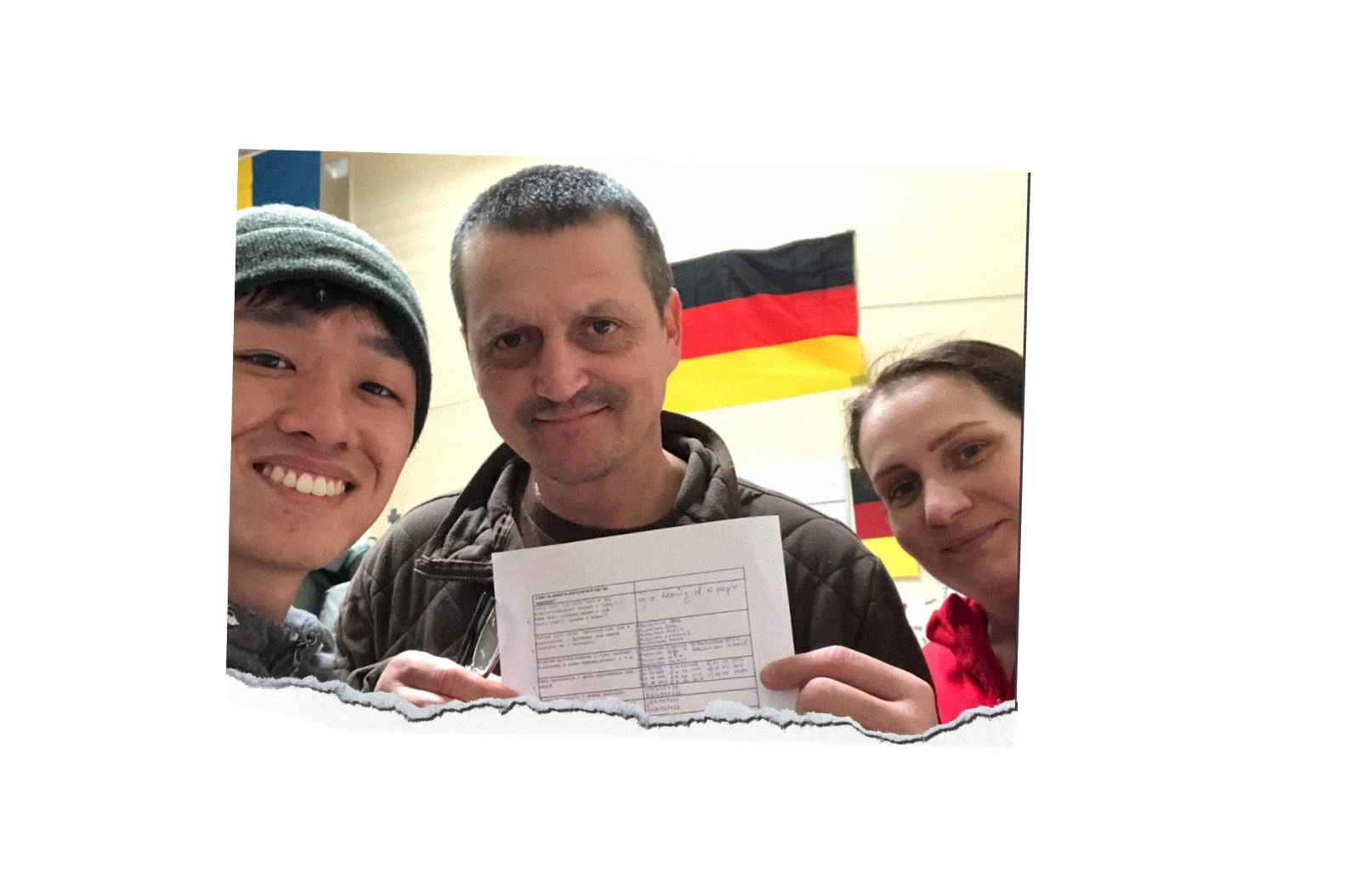
Through serving together, we formed a bond and got closer.
As they were navigating a very confusing time, we were able to help them with many practical needs that they had such as filling up immigration forms, buying luggages, shoes and even bringing encouragement to them.
They turned to us very quickly given that we shared the same faith.
Rocky roads to new homes
Refugees face a very challenging journey. I speak in the context of the Ukrainian refugee crisis, because that’s the main one I’ve been exposed to.
As most men in Ukraine are not allowed to leave the country, the refugees coming out of Ukraine are mostly women and children.
Most families automatically become single-parent families once they leave Ukraine.
For some Ukrainian refugees, they are blessed enough to have contacts of relatives and even friends outside of Ukraine.
But for many of them, they don’t.
Hence, coming out of Ukraine is a very confusing time. There are uncertainties in terms of employment and education. Everything seems unknown to them.
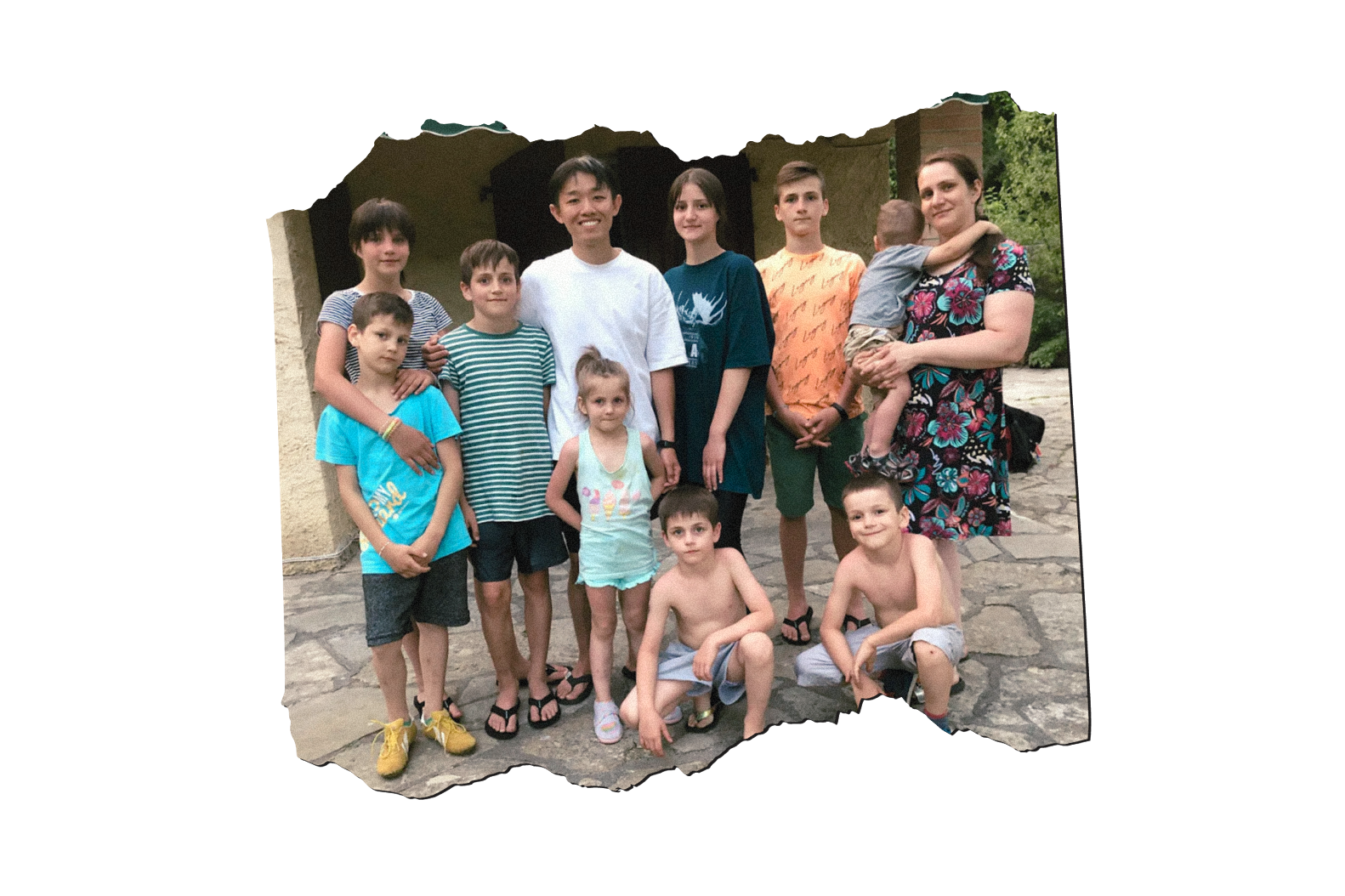
Eventually, we found out that this family was going to France after spending about a week or more at the refugee camp.
Knowing that I had a relationship with this family and feeling burdened, I decided to follow them to France just to see how I could help them there and meet any needs.
I actually don’t speak a single word of their language or at least I didn’t before I lived with them.
A lot of our conversations were 50% charades, 50% Google Translate.
Though after living with them, I picked up a few words so it got easier along the way.
There were practical needs that I was able to meet that the government provisions could not.
Things like doing Bible study, praying together, celebrating birthdays, bringing them supplies from the supermarket, cleaning, mowing the lawn and even researching about legal documents for them.
I lived in a small village about 40 minutes away from them. So I would cycle to and fro for 30 to 40 minutes every day just to see them, wondering what I could bring to them that would put a smile on their faces.
Wishing my new family well and saying goodbye (for now!)
Zhenia and Olga are the parents. For the kids, there’s Olga (named after her mother), Nadya, Emmanuel, Anya, Zhenia (after his father), Ilusha, Salim, Samir, Mira and Ismail.
These children are very special. They grew up in very different circumstances in a less urban place than us Singaporean kids.
They’re very adventurous. They’re also very good with their hands to the point that they can intuitively repair a bicycle.
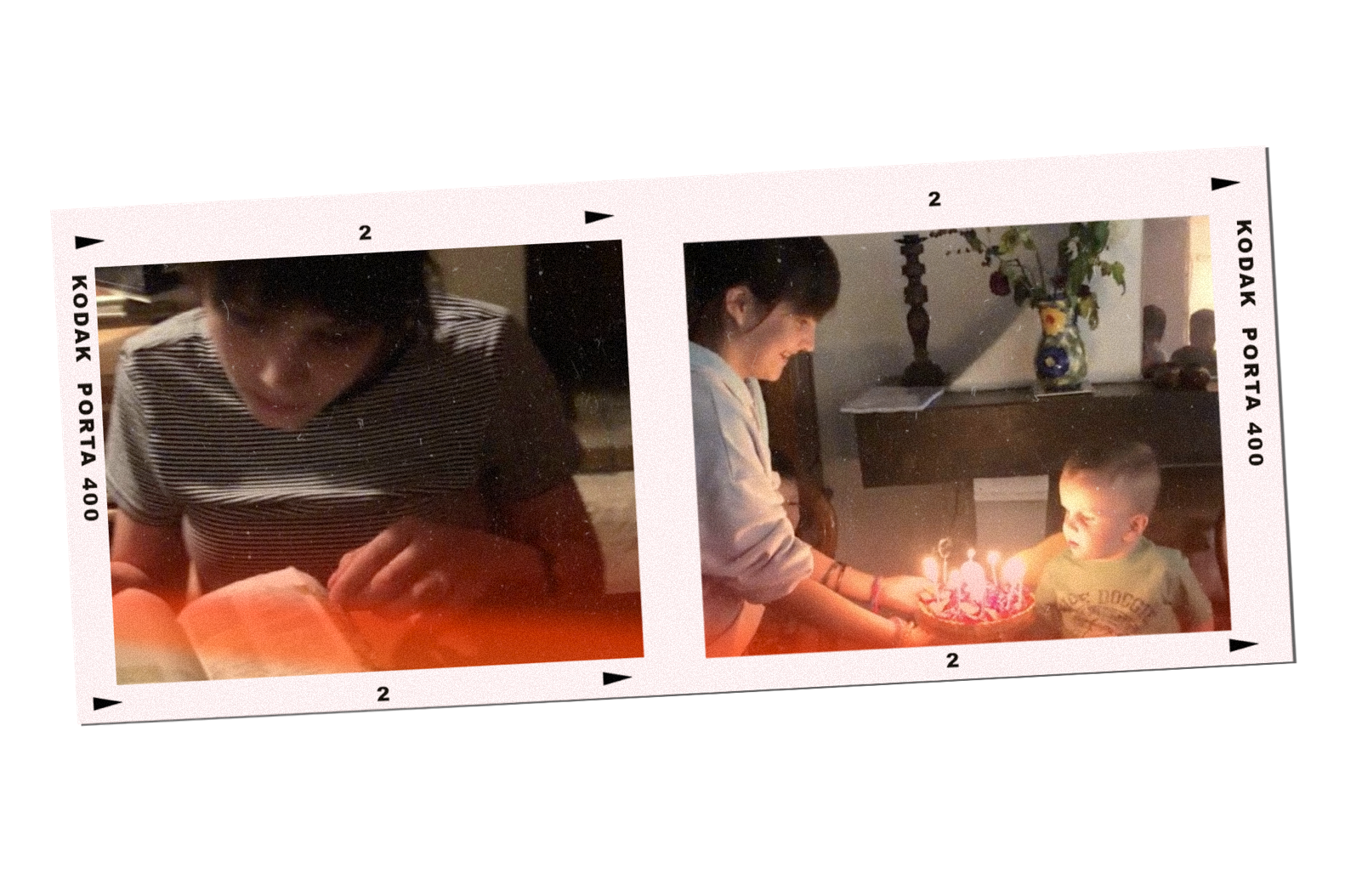
I also saw the older children becoming “mini parents” of sorts.
At the age of 13, they’re already changing their siblings’ diapers and helping their mum out with household chores. Their maturity was something that I was so impressed and amazed by.
But they’re also not that different from us. They have TikTok, they miss their friends and they also have insecurities about life like wondering what people would think of them.
Despite their circumstances, I saw how things progressed over a couple of weeks.
Towards the end of my stay, Olga told me that when we first came here, she was sad about everything.
But now, she can trust God that He will take care of them because she had seen His provision in the past weeks.
That was also the moment when I knew, it was probably time for me to go.
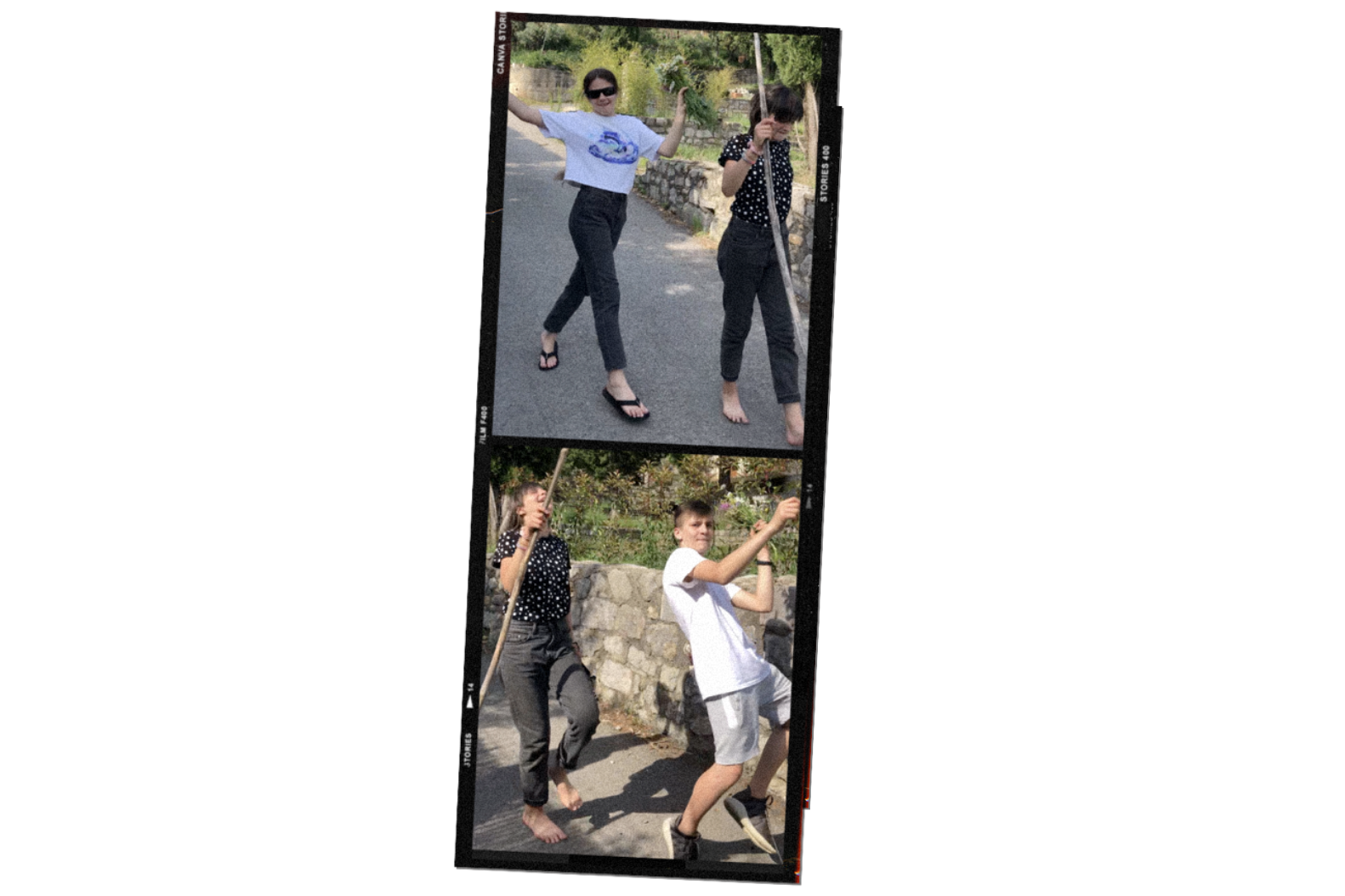
It was a teary farewell when I left. I will always remember what they said to me.
Olga (the mother) said that she was really very sad. She was going to cry because she felt like she had lost an eleventh child.
Many of the children said they felt that they were losing a brother.
But it’s not all tears though: Until today, we still keep in contact on Telegram and WhatsApp.
We are still one big family!
It ain’t easy being in their shoes
Some people have misconceptions about refugees. They view refugees as opportunistic — people who leave their country when something happens, hoping for better economic opportunities elsewhere.
However, most refugees we know are moving from less developed countries to more developed countries. And the truth is, many of them don’t actually want to leave their country and they intend to go back.
Many of us would have heard of Maslow’s hierarchy of needs.
We feel like these refugees must have their basic needs met first before we talk about love, belonging and all the other intangibles in life.
But I find that to be quite an inaccurate portrayal of real human problems.
In our intimate conversations, they were saying that they were still confused, they were still miserable. They wanted to go back home. They miss their friends. They miss small things about Ukraine.
Many of us face some measure of uncertainty in life but for these refugees, there are many more uncertainties.
There are intangible needs that all refugees and, in fact, all humans have.
We can’t see things from just a material viewpoint when we are there to minister and meet their needs.
Many of us face some measure of uncertainty in life but for these refugees, there are many more uncertainties:
- When are we getting food?
- Can we leave this house?
- When are we getting money?
- How can we get money?
There were just so many considerations every day. And the thought of never settling down actually takes a big emotional and physical toll on people.
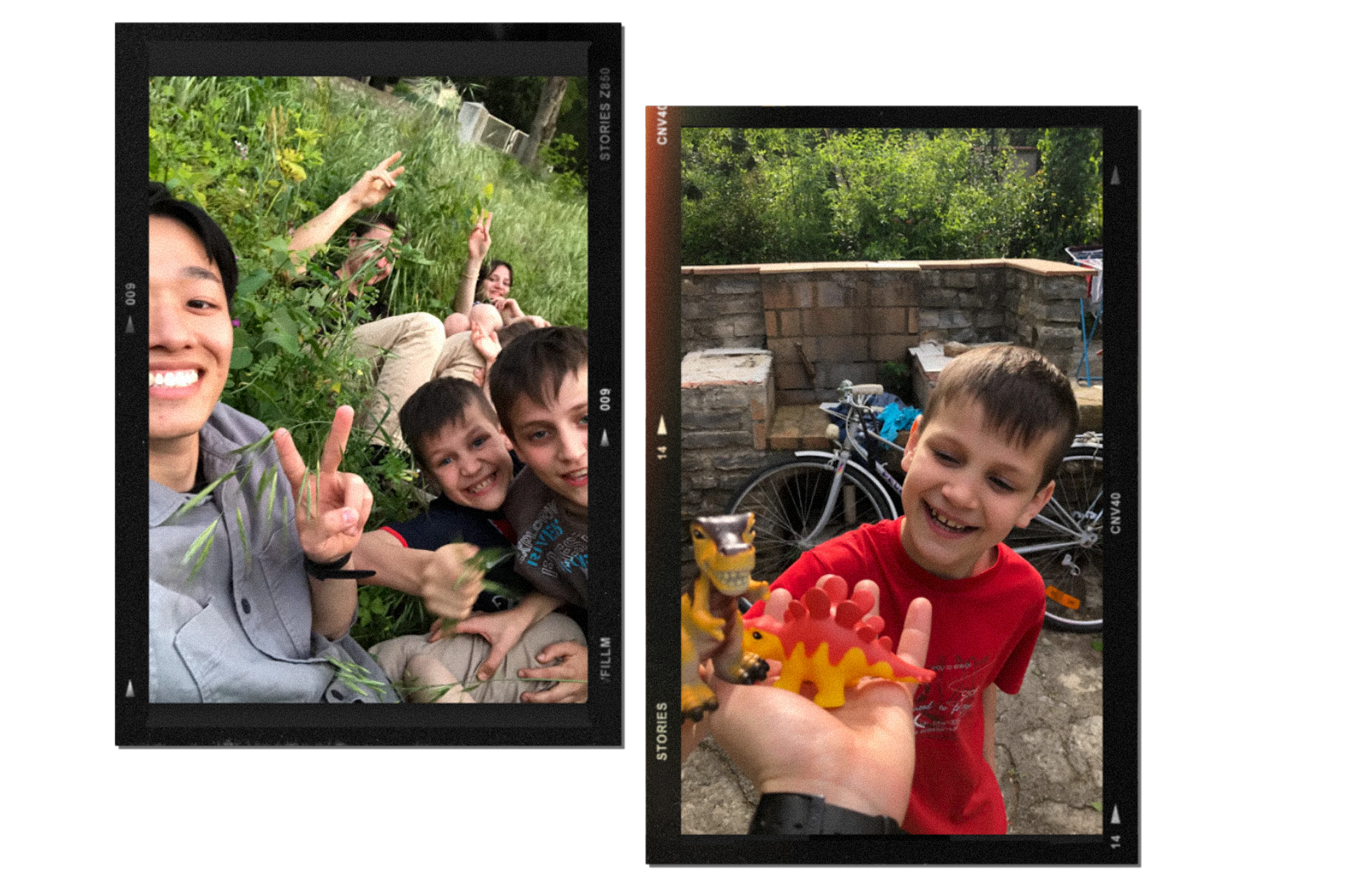
One thing I never expected was how much I would feel for these people.
My friends who know me know that I’m not the most emotional person. I’m more logical. Feelings don’t translate to tears very often for me.
But while I was there, I actually felt like God was moving my heart to feel for these people, specifically the Ukrainian refugees because I was with them most of the time.
Being in a crisis zone where the atmosphere is often pregnant with discouragement and fear — I did not expect that it would eventually get to me.
But if I’m really there to love, it also means I’m there to carry their burdens and, in some way, become one of them.
But it was not just evil that shocked me, love also brought me to tears.
I think that’s something I took away: Things won’t always be clean, things will be messy and things can be emotionally heavy.
But if I’m really there to love, it also means I’m there to carry their burdens and, in some way, become one of them.
Listening and learning how to help
I didn’t really have a good plan in mind before the trip. Everything was very undefined and we just had to figure out a lot of things along the way.
Every couple of weeks was different. I was led by God, who showed me what I should apply myself to, where I should go.
One of the things that I managed to do and intended to do while I was in Europe was to gather as many contacts of people who are helping Ukrainians.
We still keep in touch and we share updates about how things are going. I’m still in touch with other friends who can minister to, bless, love and help these refugees feel like they belong in France.
I’ve also met other missionaries who are running their own programmes for refugees, housing them and helping them find jobs and housing.
In a crisis zone, it’s a great thing to help out in any way we can.
If we have connections in countries that house refugees, we can reach out to them and see what help they need. Financing connections are also very helpful.
That’s why one of the main things I did there was to build these connections.
I hope to also share some of these contacts with people who might be willing to help here.
What’s next? Start small
Let’s continue to pray for these people and hold them in our prayers, not just when they’re in the headlines but also after that.
We need to keep our hearts soft towards such crises and not just be followers of the next thing to happen.
If you’re aspiring to go on missions, first of all, give thanks to God that He has placed this burden on you.
The first thing is to not forget that missions happen locally as well. As we are faithful with what we have and where we are, I believe that God can use local missions to prepare us and grow us in character and competence.
Don’t despise what you are doing locally and jump the gun to think that missions happen only overseas.
I’ve met my fair share of missionaries and not many of them have gone on long-term overseas missions as their first step into missions.
So, take a first step. Start small here.
Finally, it is so important to continue to abide in God. Remember that the battle we are fighting is not of the flesh, but a spiritual one that we are fighting each day.


